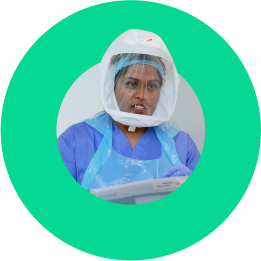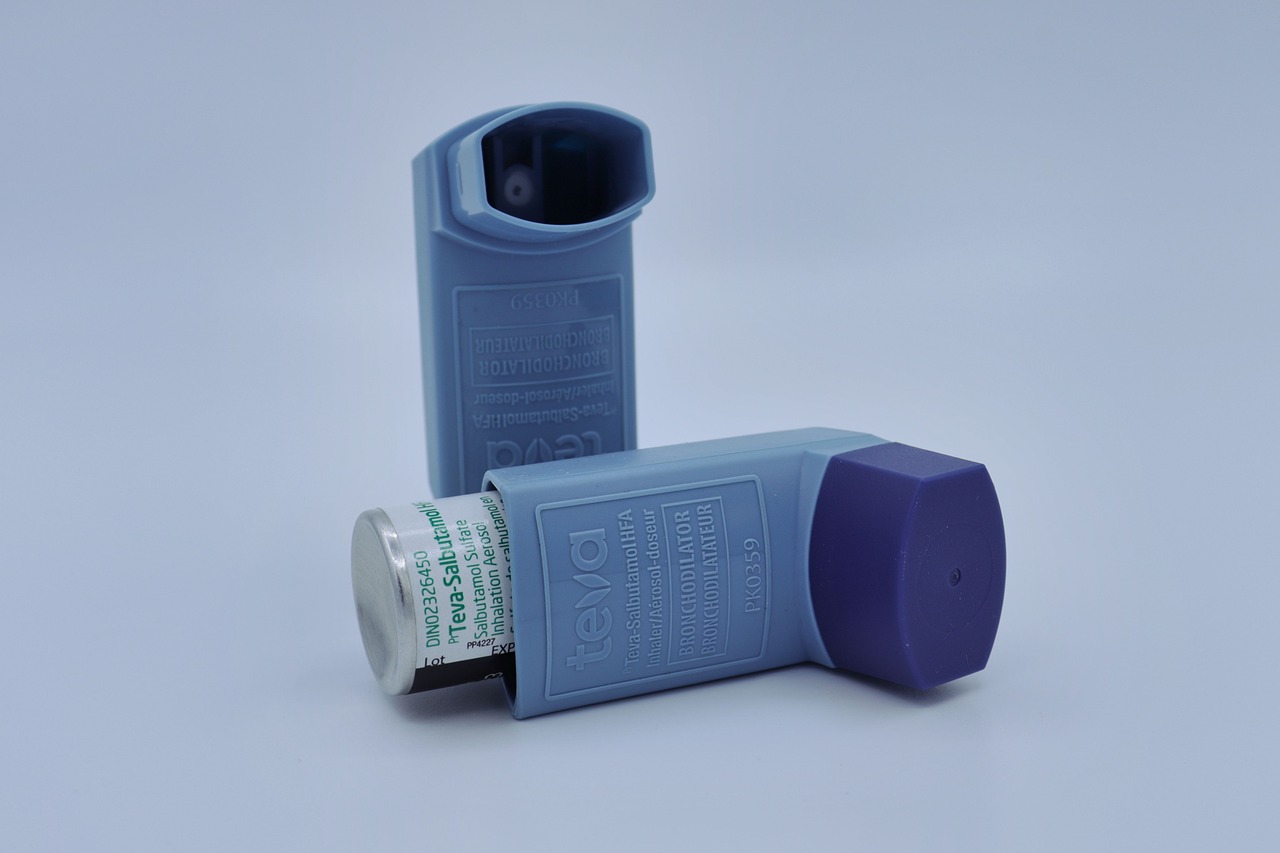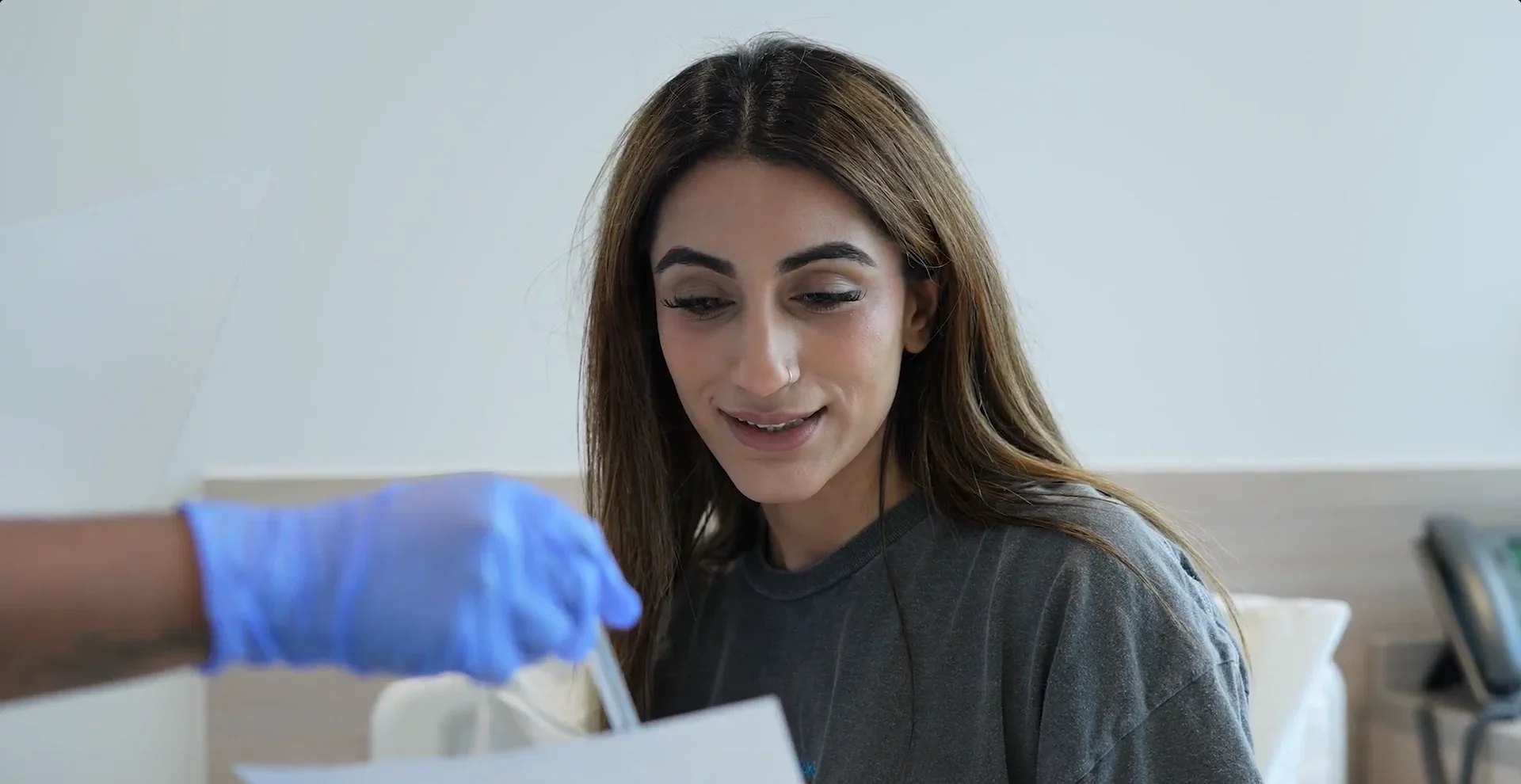how is the safety of clinical research participants protected?
Clinical trials always make sure that the safety of every participant is taken seriously. This is why there are several steps that sponsors, managers and other staff members at the facility take. The goal here is to guarantee that you remain safe and protected while participating as a volunteer in the clinical trial.
high-standard trial approval
It all starts with the approval of the clinical trial. Not just any company can decide to conduct a clinical trial. They have to go through multiple steps where details are carefully reviewed before they’re given permission to continue.
There are also several regulatory bodies that are involved in the approval process. For example, the Medicines and Healthcare Products Regulatory Agency (MHRA) has very high standards for approving a trial. There are also other agencies, including ones that help to ensure the ethics of the entire trial.
Apart from approval, many of these bodies and authorities will actively monitor the progress of the study. This ensures that all staff members follow the right procedures and focus on patient safety in clinical trials during the study period.
understanding informed consent
Every clinical trial includes a process called informed consent. During this process, our clinical staff will give you a comprehensive overview of the study, the purpose, the drugs that you will use, and more details. During this process, you’re also able to ask us any questions that you may have before giving your consent.
Informed consent ensures that you know exactly what you’re signing up for and enables us to protect your wellbeing. It also helps you better understand what you can expect. Any safety-related matters that have been discovered in previous phases of the clinical trial will also be disclosed to you.
the rigorous screening process
When you apply to be part of a clinical trial, there’s a screening process that you first have to pass. This ensures that only people who are eligible will be able to actually take part, with criteria such as age, weight, medical history and more. The screening process not only focuses on understanding if you’re eligible, but also includes steps that ensure that the trial will be safe for you.
If you have conditions that the new treatment may interfere with, for example, then the screening process may cause you to be rejected as a potential candidate for the study. This helps to minimise the risk that patients take on. Here at FluCamp, our screening process ensures that all safety protocols are followed carefully and with the highest standard approvals, dedicated clinical teams and your well-being in mind.
what next?
It’s possible to experience side effects in a clinical trial. However, FluCamp’s staff members are actively monitoring patients to take note of any potential adverse effects. This type of setup minimises the risk of serious complications and ensures that intervention is readily available.
To find out more about our clinical trials, contact FluCamp. You can also browse our website to learn more about FluCamp and see what we do.















